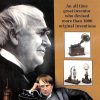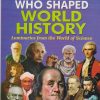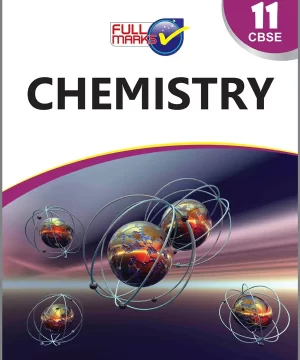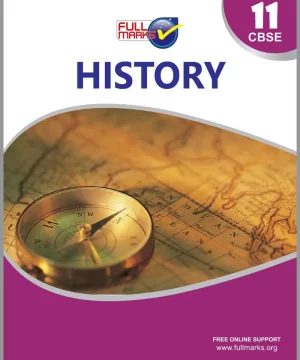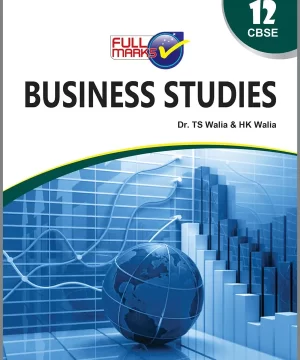Manoj Biography of Great Personalities Bharat Ratna A P J Abdul Kalam
₹120
Sawan Presents APJ Abdul Kalam from Biographis of Great Personalities. Avul Pakir Jainulabdeen Abdul Kalam was an Indian aerospace scientist who served as the 11th President of India from 2002 to 2007. He was born in the city of Avul Pakir, Uttar Pradesh, India. He was born and raised in the Tamil Nadu city of Rameswaram, where he went on to study physics and aerospace engineering. The next four decades were spent in the field of science, primarily at the Defence Research and Development Organization (DRDO) and the Indian Space Research Organization (ISRO), where he was heavily involved in India’s civilian space programme as well as the country’s military missile development initiatives. In recognition of his contributions to the development of ballistic missile and launch vehicle technology, he was dubbed “the Missile Man of India” by the media. His involvement in India’s Pokhran-II nuclear testing in 1998, the country’s first since the country’s first nuclear test in 1974, was crucial from an organisational, technical, and political perspective.
Sawan Presents APJ Abdul Kalam from Biographis of Great Personalities. Avul Pakir Jainulabdeen Abdul Kalam was an Indian aerospace scientist who served as the 11th President of India from 2002 to 2007. He was born in the city of Avul Pakir, Uttar Pradesh, India. He was born and raised in the Tamil Nadu city of Rameswaram, where he went on to study physics and aerospace engineering. The next four decades were spent in the field of science, primarily at the Defence Research and Development Organization (DRDO) and the Indian Space Research Organization (ISRO), where he was heavily involved in India’s civilian space programme as well as the country’s military missile development initiatives. In recognition of his contributions to the development of ballistic missile and launch vehicle technology, he was dubbed “the Missile Man of India” by the media. His involvement in India’s Pokhran-II nuclear testing in 1998, the country’s first since the country’s first nuclear test in 1974, was crucial from an organisational, technical, and political perspective.



